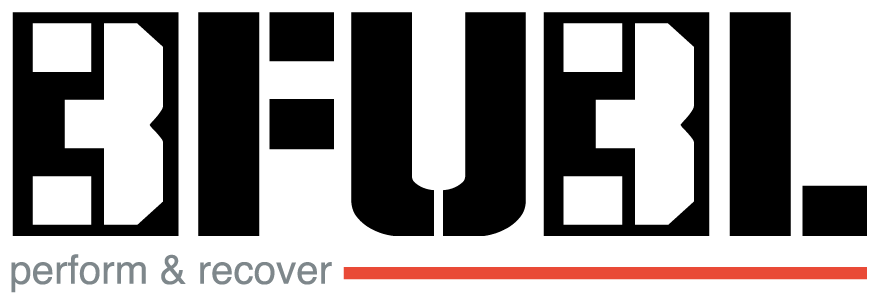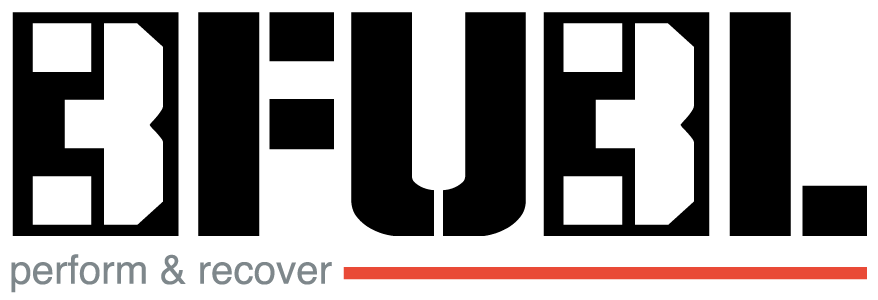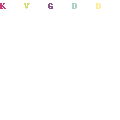Men’s Health and Pseudo-Scientific Discourse (*Study)
Dietary advice for muscularity, leanness and weight control in Men’s Health magazine: a content analysis.
Author information
Abstract
BACKGROUND:
The dietary content of advice in men’s lifestyle magazines has not been closely scrutinised.
METHODS:
We carried out an analysis of such content in all 2009 issues (n = 11) of Men’s Health (MH) focusing on muscularity, leanness and weight control.
RESULTS:
Promotion of a mesomorphic body image underpinned advice to affect muscle building and control weight. Diet advice was underpinned by a strong pseudo-scientific discourse, with citation of expert sources widely used to legitimise the information. Frequently multiple dietary components were advocated within one article e.g. fat, omega-3 fatty acids, thiamine, zinc and high-glycaemic index foods. Furthermore advice would cover numerous nutritional effects, e.g. strengthening bones, reducing stress and boosting testosterone, with little contextualisation. The emphasis on attainment of a mesomorphic body image permitted promotion of slimming diets.Advice to increase calorie and protein intake to augment muscle mass was frequent (183 and 262 references, respectively). Such an anabolic diet was advised in various ways, including consumption of traditional protein foods (217 references) and sports foods (107 references), thereby replicating muscle magazines’ support for nutritional supplements. Although advice to increase consumption of red meat was common (52 references), fish and non-flesh sources of protein (eggs, nuts & pulses, and soy products) together exceeded red meat in number of recommendations (206 references). Advice widely asserted micronutrients and phytochemicals from plant food (161 references) as being important in muscle building. This emphasis diverges from stereotypical gender-based food consumption patterns.Dietary advice for control of body weight largely replicated that of muscularity, with strong endorsement to consume fruits and vegetables (59 references), diets rich in nuts and pulses and fish (66 references), as well as specific micronutrients and phytochemicals (62 references). Notably there was emphasis on fat-burning, good fats and consumption of single foods, with relatively little mention of dietary restriction.
CONCLUSIONS:
Despite the widespread use of scientific information to endorse dietary advice, the content, format and scientific basis of dietary content of MH leaves much to be desired. The dietary advice as provided may not be conducive to public health.
- PMID:
- 25304148
- [PubMed – in process]
- PMCID:
- PMC4198727



